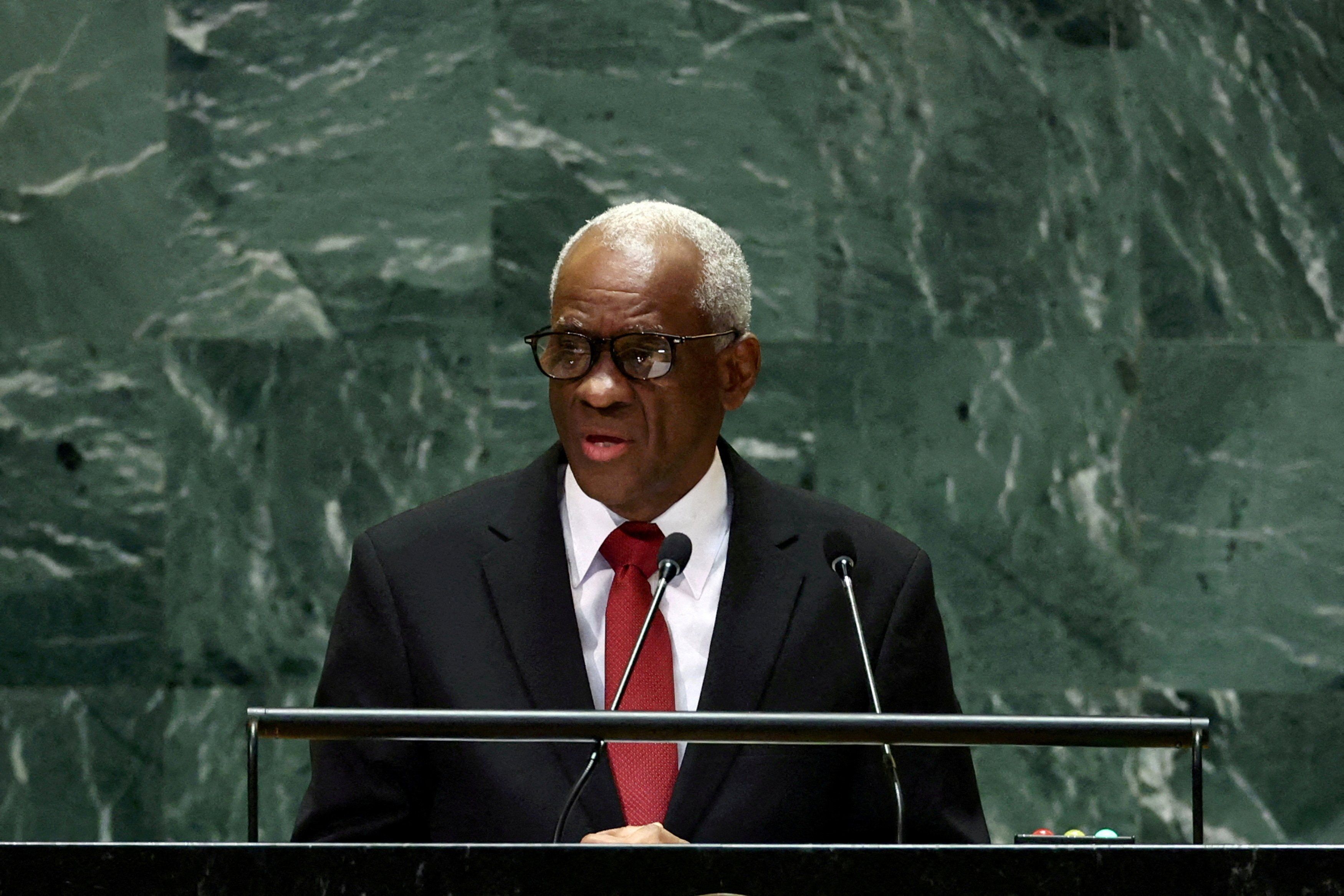On Wednesday, three members of Haiti’s interim governing council and two other high-profile Haitians were charged with bribery by an anti-corruption agency.
The three officials are accused of demanding more than $750,000 from the director of the government-owned National Bank of Credit to secure his job, charges that threaten to undermine the legitimacy of the council, which was appointed earlier this year after gang violence forced the country’s former Prime Minister Ariel Henry to resign. The bank director did not have the funds and instead gave credit cards with a $20,000 limit to the three council members. The council has yet to say whether it will take action against the three.
Why does it matter? The report will likely erode Haitians’ trust in the nine-member council, which is charged with running the country alongside its new prime minister, Garry Conille. This comes at a time when Haiti is suffering from mass starvation and horrifying gang violence, and as the UN-backed mission in Haiti struggles to regain control of the country.
News of the allegations came on the same day the Dominican Republic announced it would begin massive deportations of Haitians living illegally in the country, expelling up to 10,000 a week.
The corruption scandal threatens to shake public trust and destabilize the delicate political balance achieved through the formation of the transitional council. And, as Haitians flood back into the country from the Dominican Republic, the coming weeks will be crucial in determining whether Haiti can overcome this latest setback and continue its progress toward restoring security and democratic governance.
